Does your company use enterprise resource planning (ERP) software? What are the advantages of adopting it? Yannick describes its advantages below.
Vice-president Yannik Rondeau’s blog series continues! In this post, he describes digitization, more specifically, the era of integrated management software. Does your company use enterprise resource planning (ERP) software? What are the advantages of adopting it? Yannick describes its advantages below.
Efficient Documentation (Efficacité de rédaction)
Many end-to-end programs have emerged with the digitization of company operations. These programs, full of promises, claim to do it all, and more often than not don’t do anything in particular very well. Small businesses with limited resources find it difficult to adopt programs that are far more expensive than using paper. Paper documentation remains the cheapest and most advantageous for them.
Paper is fast, efficient and everyone knows how to use it.
Requirements met, in days gone by.
In 1960, American engineer Joseph Orlicky developed the concept of Material Requirements Planning (MRP). It was the first system used to plan manufacturing processes. Orlicky developed it in response to Toyota’s need to calculate the components and materials needed in its manufacturing process. In contrast to ERP software, MRP is limited to planning for production units, it’s extremely costly, the level of required expertise is especially high, and it’s implementation requires a large workforce due to its complexity. Over time, the logic behind MRP extended beyond production to include all business operations giving way, in 1990, to ERP.
High Costs
An ERP program is a significant investment for a company. Many generic software developers offer systems with standardized functions, not solutions integrated and adapted to the unique needs of each company. The standardized approach has led to many failures that could have been avoided. Large companies, among them, the Société de l’assurance automobile du Québec (SAAQ), DHL and Hershey’s, have lost large amounts of money following failed attempts to adopt integrated management software. Hence the importance of carefully choosing your provider, evaluating your needs and consulting with experts. With these conditions met, digitalization 4.0, not paper, becomes the more advantageous and better adapted management solution.
A recurring problem
Moreso, the efficiency of paper declines quickly when it’s time to search for information. “Did I record all the relevant information in the same place?” “Where is my folder with the inventory?” “I can’t find the client’s file!” “Your call is important to us….” These are all things that you have no doubt heard or said before. The last phrase far too often in my humble opinion! ?
Summing up
Digitizing your internal processes enables greater efficiency and competitiveness. Evidently, cost is an important factor and can be a challenge for some companies. What’s important to remember is that transitioning to ERP saves time. ERP enables you to easily access your company’s operational history and to compare and evaluate return on investment, to name just a few of the advantages possible when all your resources are connected and all your data is organized digitally.
Are you thinking of going digital? Contact our experts at Group Shift!

